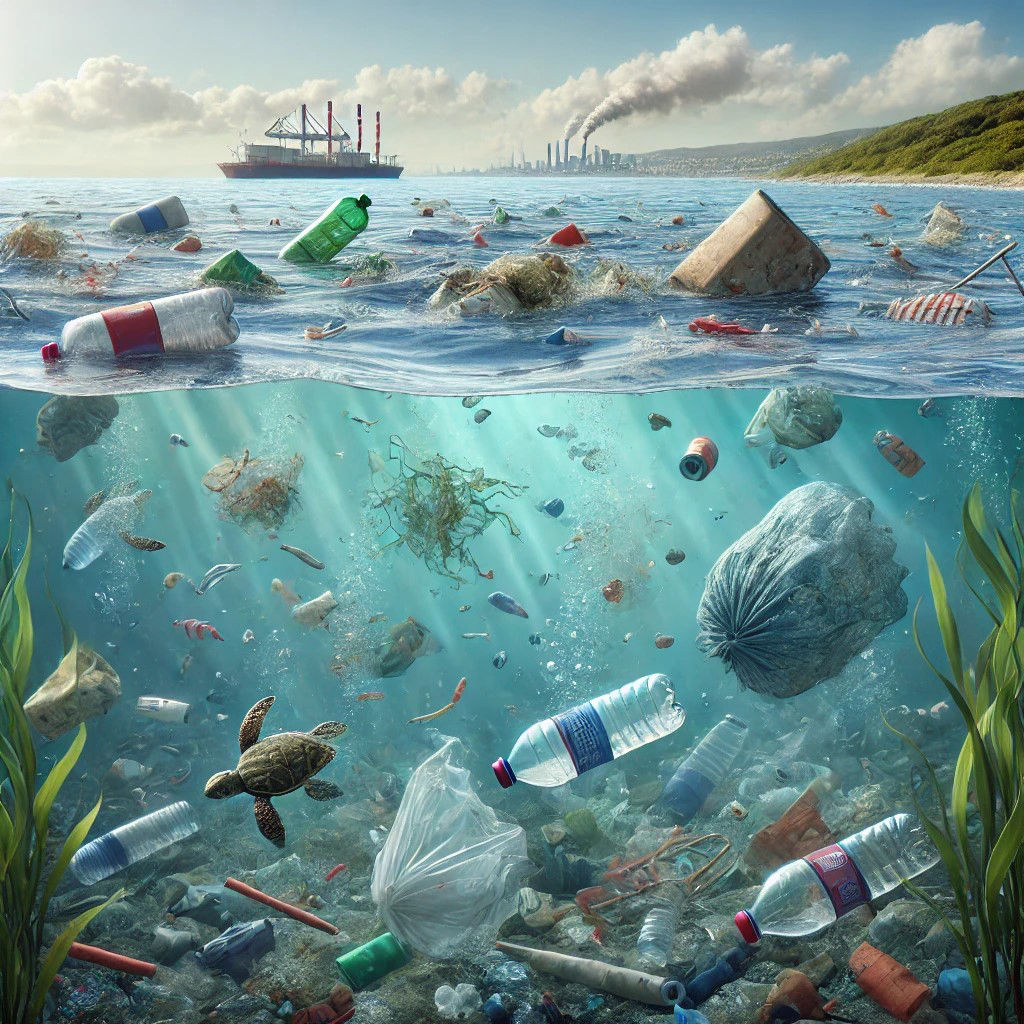Beyond direct harm to wildlife, the presence of plastic in our oceans disrupts entire ecosystems. Coral reefs, which provide habitat for countless marine species, are adversely affected by plastic waste. Additionally, the toxins leaching from plastics can accumulate in the food chain, posing risks to humans who consume seafood.
The aesthetic impact is equally distressing. Beaches once known for their natural beauty are now often littered with plastic debris, tarnishing landscapes and diminishing the joy of coastal communities. Tourists, drawn to the ocean’s splendor, find themselves confronted with the stark reality of pollution, which can deter future visits and harm local economies.
Addressing this crisis requires a multifaceted approach. Reducing plastic production, enhancing recycling efforts, and implementing stricter regulations on waste management are crucial steps. Additionally, raising public awareness about the importance of reducing plastic use—such as opting for reusable bags, bottles, and containers—can empower individuals to contribute to a cleaner ocean.
As stewards of our planet, it is essential that we recognize our responsibility in combating plastic pollution. Together, we can advocate for policies that protect our oceans, participate in clean-up efforts, and educate others about the importance of preserving our marine environments. The fight against plastic in the sea is not just a fight for marine life; it’s a fight for the health of our planet and future generations.

